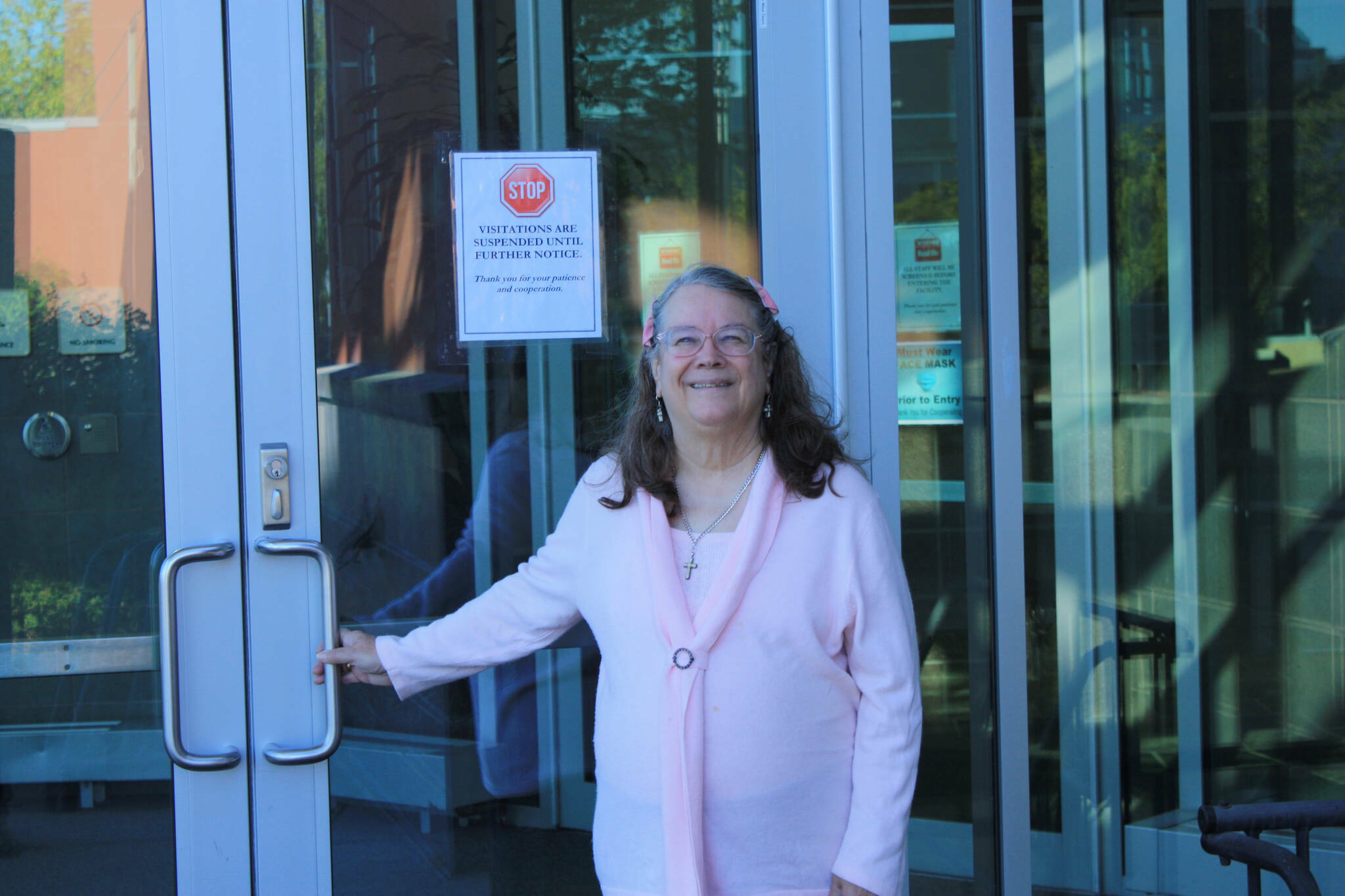There are a lot of similarities between the federally funded Indian boarding schools and locked psychiatric facilities of the early 1900s. The best examples: the loss of rights for the inmates and the amount of cruelty society was willing to accept.
The federally funded Indian boarding schools have all but disappeared. The few that remain bear no resemblance to the schools of 60 years ago. Today’s boarding schools are more culturally appropriate and have better oversight.
It is a different story for the people in locked psychiatric facilities. Their rights have not improved significantly over the last 60 years. There has been no similar effort to reduce cruelty to psychiatric patients. There are no state requirements to reduce institutional trauma. Psychiatric facilities should be required by state law or regulations to recognize and treat institutional trauma, but as of now psychiatric facilities are not required to do so — in my opinion, to save money.
Sen. Lisa Murkowski is co-sponsoring a bill to establish a commission to address the legacy and traumatic impact of Indian boarding schools. There is no similar proposal to examine the traumatic effects of poorly run locked psychiatric institutions on patients past or present.
From 1900 to 1968, many Alaska Natives and others were shipped from Alaska to locked psychiatric facilities in Oregon and forgotten by the state. In total, approximately 3,500 Alaskans made the journey. Of the people that died during institutional care, very few were returned to Alaska for burial by their family and most were buried in Oregon.
The Mental Health Trust Authority provided a $56,439 grant to Access Alaska for the “Lost Alaskans: The Morningside Hospital History Project.” The goal of the project was to locate people that were lost when they were sent to Oregon’s insane asylum and Morningside. It is important to examine the past; it is equally as important to examine the present treatment of psychiatric patients in locked facilities or units today.
The more things have changed over the last 100 years, the more they have remained the same for psychiatric patients in Alaska. According to the 1992 state law AS47.30.847, managers of psychiatric facilities write the patient grievance procedure. Also, patients in locked facilities have a right in the same law to bring their grievance to an impartial body. But according to state agencies, the CEO of a psychiatric hospital is an impartial body. Today Alaska supports many of the same unfair and damaging rules for psychiatric patient care as it did 100 years ago in Morningside Psychiatric Hospital. The difference is Alaska has put the unfair practices into law.
In 2023 Alaska must develop a new approach to treating acute care psychiatric patients in locked psychiatric institutions. There should be better plans on how to seamlessly release patients into community care and the state must address the following issues: remove the feeling of helplessness that patients often experience. Give patients access to the outdoors, keep patients connected with family and community, and give patients a fair grievance and appeal process at the state level; all issues the state did not have to address 60 years ago when patients were locked up indefinitely.
There are 30 or more acute care psychiatric facilities or units in Alaska that receive grant money or direct funding from the state to provide care for psychiatric patients. There was legitimate criticism from the Legislative Legal Services in 2015 that the state is not setting a sufficient state standard of care and oversight of the psychiatric facilities financially supported by the state.
While Indian boarding schools have learned lessons from the past and made improvements, it does not appear that Alaska state agencies have learned from past mistakes in mental health care and made good adjustments. That failure should be addressed by the state Legislature.
• Faith J. Myers is the author of the book, “Going Crazy in Alaska: A History of Alaska’s treatment of psychiatric patients,” and has spent more than seven months as a patient in locked psychiatric facilities in Alaska.

